Understanding Burnaby’s Property Tax Assessment Process
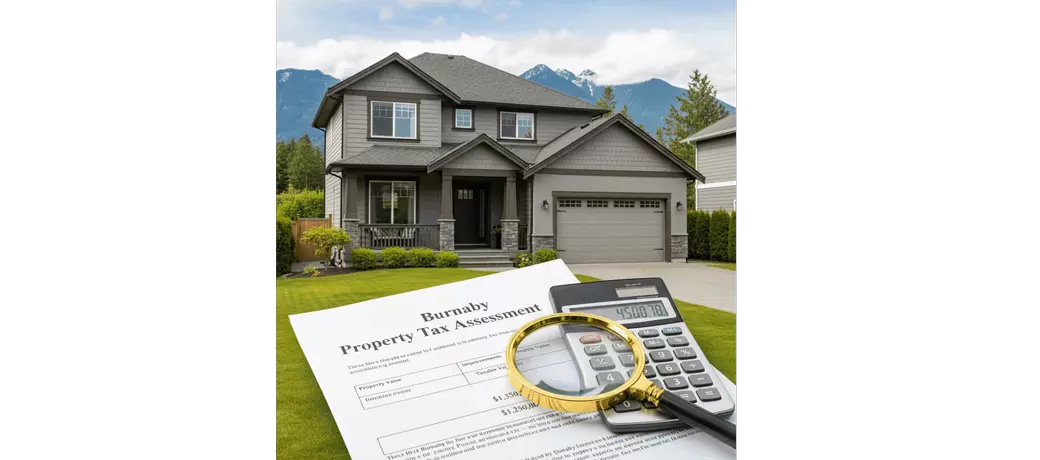
For every Burnaby homeowner, the receipt of the annual property assessment notice from BC Assessment (BCA) is a crucial moment. It's often the first indicator of how much your property is perceived to have increased or decreased in value, and, ultimately, how much you'll pay in property taxes.
However, many property owners misunderstand the process, mistakenly equating their assessment value directly with the current market value or assuming a value increase automatically means higher taxes. In a competitive, rapidly developing city like Burnaby, understanding these nuances is essential for smart financial planning and effective property ownership.
As your trusted Burnaby Realtor and Real Estate Agent, Yinon Filler provides clarity on the property tax assessment process, its timeline, and what it truly means for your valuable Burnaby property.
1. The Key Players: BCA vs. The City of Burnaby
Understanding property taxation in Burnaby starts with recognizing the roles of the two main entities involved:
A. BC Assessment (BCA): The Valuer
BC Assessment is an independent, provincial Crown corporation responsible for valuing every property in Burnaby (and all of B.C.) as of a specific date each year.
What they do: BCA determines the assessed value of your property.
The Valuation Date: Your assessment is always based on the property’s estimated market value as of July 1st of the previous year. For example, the notice you receive in January 2026 reflects the market value on July 1st, 2025.
The Condition Date: The assessment reflects the physical condition (e.g., renovations, new buildings) as of October 31st of the previous year.
Methodology: BCA uses mass appraisal techniques, primarily the direct comparison approach for residential properties, by analyzing sales of similar homes in your neighbourhood around the July 1st valuation date.
B. The City of Burnaby: The Tax Authority
The City of Burnaby, along with other taxing authorities (like the Province for School Tax, TransLink, and Metro Vancouver), uses the BCA values to calculate how much property tax you owe.
What they do: The City sets the tax rate (or mill rate) for each property class based on the revenue needed to fund local services (police, fire, parks, infrastructure).
The Formula: Your property tax amount is essentially calculated by multiplying your taxable assessed value by the various tax rates (mill rates) set by the taxing authorities.
2. The Relationship Between Assessment Value and Tax Bill
The most common misconception is that a rise in your assessed value automatically equals a proportionate rise in your property tax bill. This is false.
The critical factor is your property’s change in value relative to the average change for your property class in Burnaby.
Here’s a breakdown of the three potential scenarios:
|
Scenario |
Your Property’s Value Change |
Average Value Change in Burnaby |
Tax Impact |
|
Below Average |
Your property increased 5% |
Average for condos increased 10% |
Your taxes will likely decrease. Your property is paying a smaller share of the overall tax burden. |
|
At Average |
Your property increased 10% |
Average for condos increased 10% |
Your taxes will likely remain the same (before any overall City budget increase). |
|
Above Average |
Your property increased 15% |
Average for condos increased 10% |
Your taxes will likely increase because your property is now carrying a larger share of the tax burden. |
A successful Burnaby homeowner must therefore focus less on the dollar figure and more on the percentage change compared to the local average, which is provided annually by BCA. This detailed understanding of the market is precisely why consulting a local real estate expert is invaluable.
3. The Assessment Timeline and Appeal Process
The property assessment process follows a strict annual schedule. If you believe your assessment is incorrect, you have a limited window to act.
Key Dates to Remember
|
Date |
Action |
Purpose |
|
July 1st (Previous Year) |
Valuation Date |
Market value is set for the assessment. |
|
October 31st (Previous Year) |
Condition Date |
Physical condition of the property is finalized. |
|
Early January |
Assessment Notices Mailed |
Property owners receive their assessment notice from BCA. |
|
January 31st |
Appeal Deadline |
The last day to file a Notice of Complaint with BCA’s Property Assessment Review Panel (PARP). |
|
Early June |
Tax Notices Mailed |
The City of Burnaby mails out the final property tax bill. |
|
Early July |
Tax Payment Deadline |
The deadline for paying property taxes and claiming the Home Owner Grant. |
The Appeal Process
If you believe your assessed value is inaccurate, you must file a Notice of Complaint with BCA by January 31st.
- Check the Data: Verify that the physical details (size, age, number of bathrooms, lot size, zoning) on your notice are correct.
- Compare Sales: Use the BCA online tool to compare your assessed value against similar properties that sold around the July 1st valuation date. If comparable sales are significantly lower, you have grounds for an appeal.
- File Complaint: Submit your written complaint to the Property Assessment Review Panel (PARP).
- Further Appeal: If PARP rejects your complaint, you have a further right to appeal to the Property Assessment Appeal Board.
Filing an appeal requires compelling, comparable sales data. This is often where a Burnaby Real Estate Agent can be a decisive partner, providing a professional Comparative Market Analysis (CMA) that pinpoints the true market value around the July 1st date.
4. Why the Assessment Value Matters to Homeowners
While the assessment is not a formal appraisal, it is used for more than just taxation.
Buying: Buyers often use the assessed value as a starting benchmark. An assessed value significantly lower than the listing price may raise caution, while one slightly higher can instill confidence. Your agent should clarify the reasons for any discrepancy (e.g., major renovations post-July 1st, or a rapidly appreciating market).
Selling: When a property is listed for sale, the BCA assessment is public information. A seller and their agent must be prepared to justify any listing price that deviates substantially from the public assessment. A strong agent will preemptively prepare a market justification, often with compelling client success stories to back up their expertise.
Investment: For owners of high-value residential properties in Burnaby (assessed over $3 million), the assessment triggers the Additional School Tax. Understanding this threshold is crucial for high-end owners and investors seeking to optimize their property holdings.
In summary, the Burnaby property tax assessment is a vital piece of the real estate puzzle, offering both financial implications and a benchmark for market movement. By understanding how the value is determined and how it impacts your tax burden relative to your neighbors, you move from merely reacting to market notices to confidently managing your most important asset.
Ready to Confidently Manage Your Burnaby Property?
Don't let the assessment notice catch you off guard. Get the hyper-local expertise you need to understand and strategically navigate Burnaby’s property market.
Whether you’re considering selling your Burnaby home and need a true market valuation, or you need help challenging an unfair assessment, relying on an expert is your best strategy.
Book a Personalized Property Assessment Review with Yinon Filler Today
Contact us for a detailed analysis that translates BC Assessment data into real-world market intelligence, protecting your investment and ensuring you pay a fair share.Categories
Recent Posts
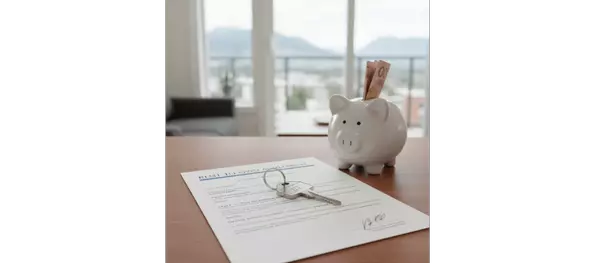


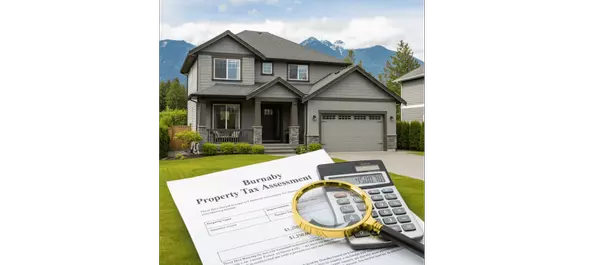

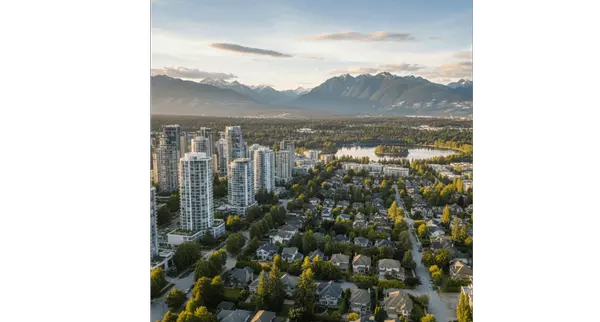

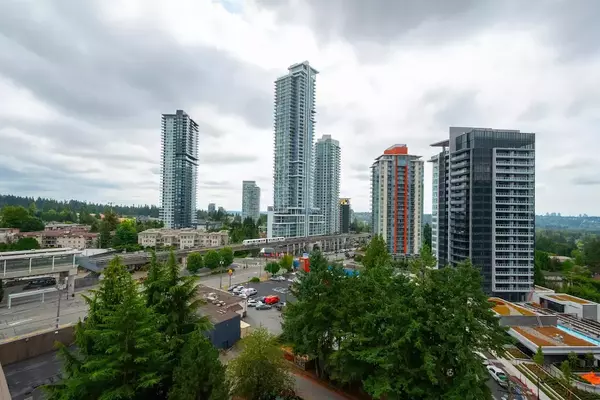

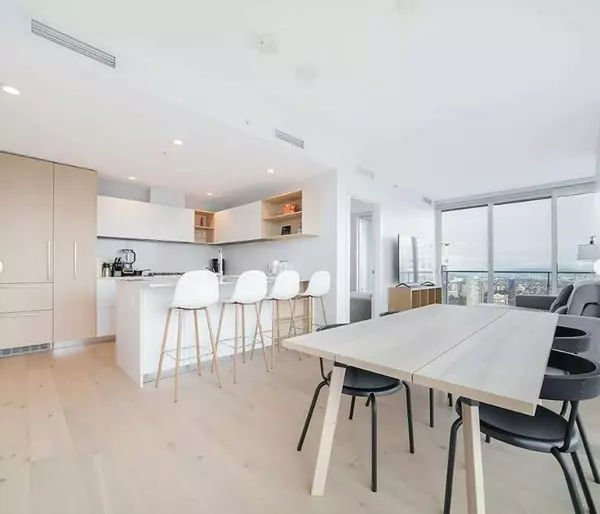

"My job is to find and attract mastery-based agents to the office, protect the culture, and make sure everyone is happy! "
